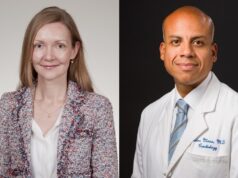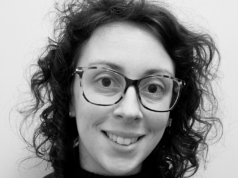
Endologix has announced that it will conduct the first ever prospective randomised clinical study to compare outcomes in endovascular repair of abdominal aortic aneurysms (EVAR). The LEOPARD study (Looking at EVAR outcomes by primary analysis of randomized data) has been designed to provide an accurate and unbiased assessment of commercially available EVAR devices with a planned enrolment of 600 patients.
Christopher J Kwolek, director, Vascular and Endovascular Training programme at the Massachusetts General Hospital and chief of Vascular Surgery at Newton Wellesley Hospital in Boston, USA and the national principal investigator for the LEOPARD study, says, “LEOPARD is a landmark study that is intended to produce the highest level of clinical evidence. I applaud Endologix for supporting a head-to-head real-world comparison of commercially available devices here in the United States. The primary analysis will compare Endologix’s AFX Endovascular AAA System against an equally matched control population of other commercially available EVAR devices. Results from LEOPARD will help shape EVAR treatment decisions and technology development in order to provide the best possible outcomes for our patients.”
LEOPARD will include up to 60 active EVAR centres throughout the United States. The primary endpoint of the study is treatment success at one year based upon: procedural success; and rates of freedom from aneurysm rupture; conversion to open surgical repair; endoleaks; clinically significant device migration; aneurysm enlargement and secondary endovascular procedures. Results from the study will be independently adjudicated by a third-party. The follow-up period will be five years.
The steering committee for the LEOPARD study includes:
- Christopher Kwolek, director, Vascular and Endovascular Surgery Training Program, Massachusetts General Hospital, chief of Vascular Surgery at Newton Wellesley Hospital, in Boston (national principal investigator)
- Benjamin Starnes, professor of surgery and chief of the Vascular Surgery Division, University of Washington (Steering Committee chairman)
- Daniel Clair, chairman of Vascular Surgery, Cleveland Clinic
- Mark Fillinger, director, Vascular Surgery Training Programs, professor of surgery, Geisel School of Medicine, Dartmouth
- Tom Maldonado, associate professor of surgery, New York University Langone Medical Center, chief of Vascular Surgery, Manhattan VA Hospital
- Timothy Sullivan, chairman, Vascular/Endovascular Surgery, Minneapolis Heart Institute at Abbott Northwestern Hospital
- Frank Veith, professor of surgery, Cleveland Clinic and New York University













